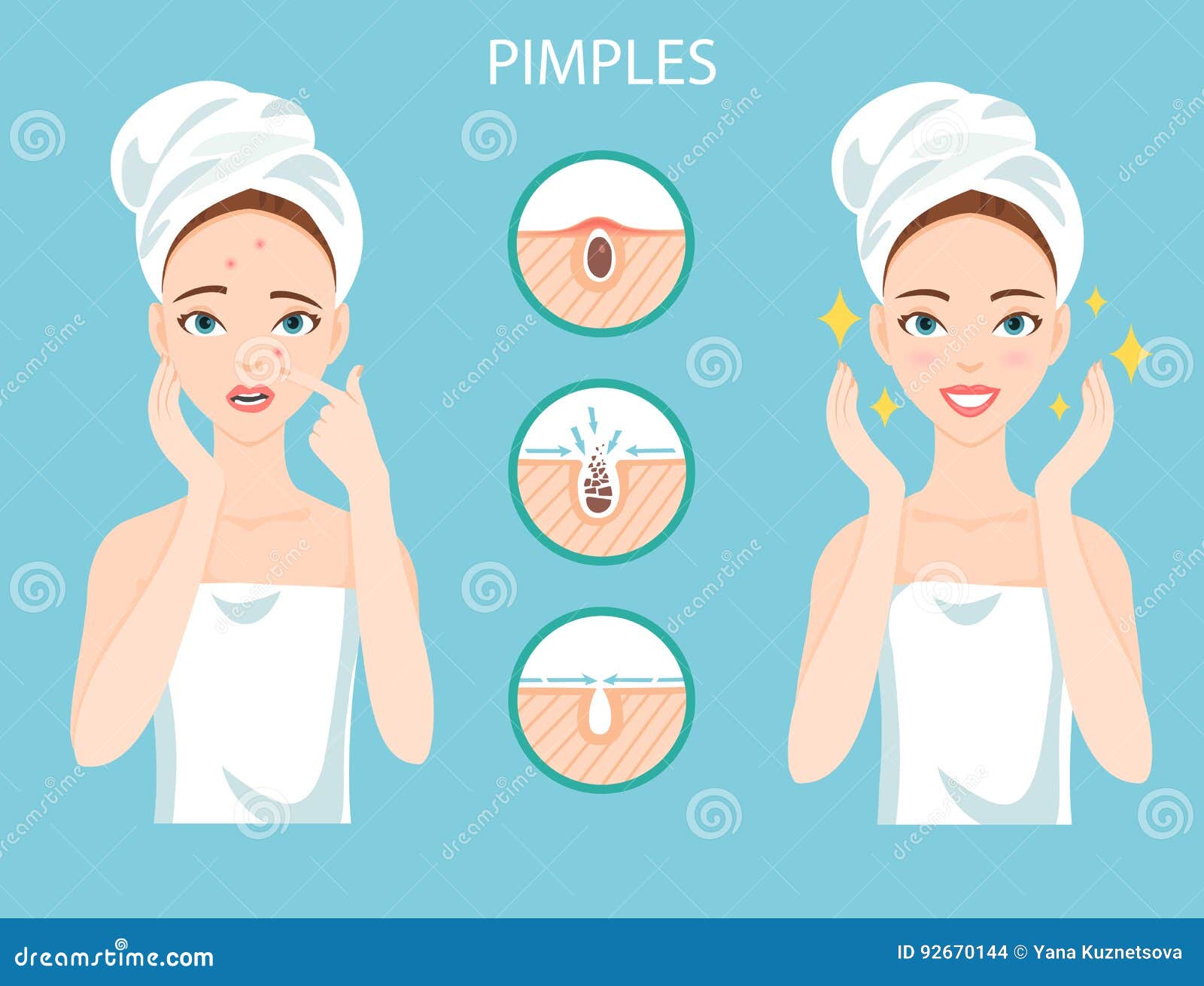Misconceptions And Facts Regarding Acne: Debunking Common Misconceptions
Misconceptions And Facts Regarding Acne: Debunking Common Misconceptions
Blog Article
Post By-Ebsen Watts
You could think that delighting in chocolate or greasy foods is the origin of your acne, yet that's just among many myths swirling around this typical skin problem. In fact, acne mostly comes from stopped up hair follicles, not your last treat. Misconceptions like these can lead you to embrace inefficient skincare practices that might also intensify your scenario. As you browse the truths behind acne, you'll discover insights that can transform your approach to skin care and aid you achieve clearer skin. So, what truly exists under the surface area?
Common Myths Regarding Acne
When it comes to acne, many individuals rely on typical myths that can bring about complication and aggravation. One widespread myth is that eating chocolate or oily foods creates acne. While diet regimen can influence skin health and wellness, the direct web link between particular foods and acne isn't as clear-cut as lots of assume.
One more typical false impression is that you must scrub your face strongly to clean up breakouts. In truth, aggressive scrubbing can irritate your skin and get worse acne.
You might likewise believe that acne only impacts teenagers, yet adults can experience it as well, frequently because of hormonal modifications or anxiety. Some individuals think that tanning can clear acne, however sun exposure can actually result in skin damage and get worse breakouts over time.
Finally, many think that making use of harsh items will certainly get rid of acne quickly. Nonetheless, microneedling vs chemical peel can remove your skin of its natural oils, leading to boosted inflammation and even more outbreaks.
Scientific Facts Behind Acne
Recognizing the clinical realities behind acne can equip you to tackle this common skin condition better.
Acne happens when hair follicles come to be obstructed with oil, dead skin cells, and germs. This process frequently begins with an overproduction of sebum, the oil your skin normally produces. Hormonal adjustments, particularly during adolescence or menstruation, can activate this excess oil.
please click the next website page called Propionibacterium acnes prosper in these clogged up pores, leading to inflammation. When your body immune system reacts, it can cause inflammation and swelling, leading to those troublesome acnes or cysts.
Genetics likewise contribute; if your moms and dads had acne, you may be a lot more susceptible to it.
Diet regimen and stress levels can influence acne too, yet study is still progressing in these areas. While delighting in oily foods won't straight create outbreaks, a balanced diet plan can sustain your skin health.
Also, managing tension can lower hormone changes that may aggravate acne.
Tips for Taking Care Of Acne
Handling acne properly needs a combination of everyday skin care practices and way of life modifications. Start by developing a constant skincare routine. Cleanse your face twice a day with a gentle, non-comedogenic cleanser to eliminate dirt and excess oil. Avoid scrubbing too hard, as this can aggravate your skin and worsen acne.
Next off, include items consisting of salicylic acid or benzoyl peroxide to aid prevent outbreaks. Constantly follow up with a lightweight, oil-free moisturizer to keep your skin hydrated. Do not fail to remember sunscreen; select non-comedogenic options to secure your skin from UV damage without obstructing pores.
Beyond skincare, take note of your diet regimen. Restriction sugary and greasy foods, and focus on fruits, veggies, and whole grains. Remaining hydrated is crucial, so drink plenty of water throughout the day.
In addition, handle stress and anxiety with activities like yoga, reflection, or workout, as tension can cause outbreaks.
Finally, avoid selecting or popping pimples. This can bring about scarring and additional swelling. If your acne continues, seek advice from a dermatologist for personalized treatment alternatives.
Conclusion
Finally, it's essential to separate reality from fiction when it involves acne. By disproving common myths, you can much better understand your skin and make informed selections for your skin care routine. So, why remain to count on obsolete concepts when the reality can empower you? Welcome much healthier behaviors, concentrate on mild cleaning, and remember that taking care of acne is a journey. With the ideal knowledge, you're one step closer to clearer, much healthier skin.
